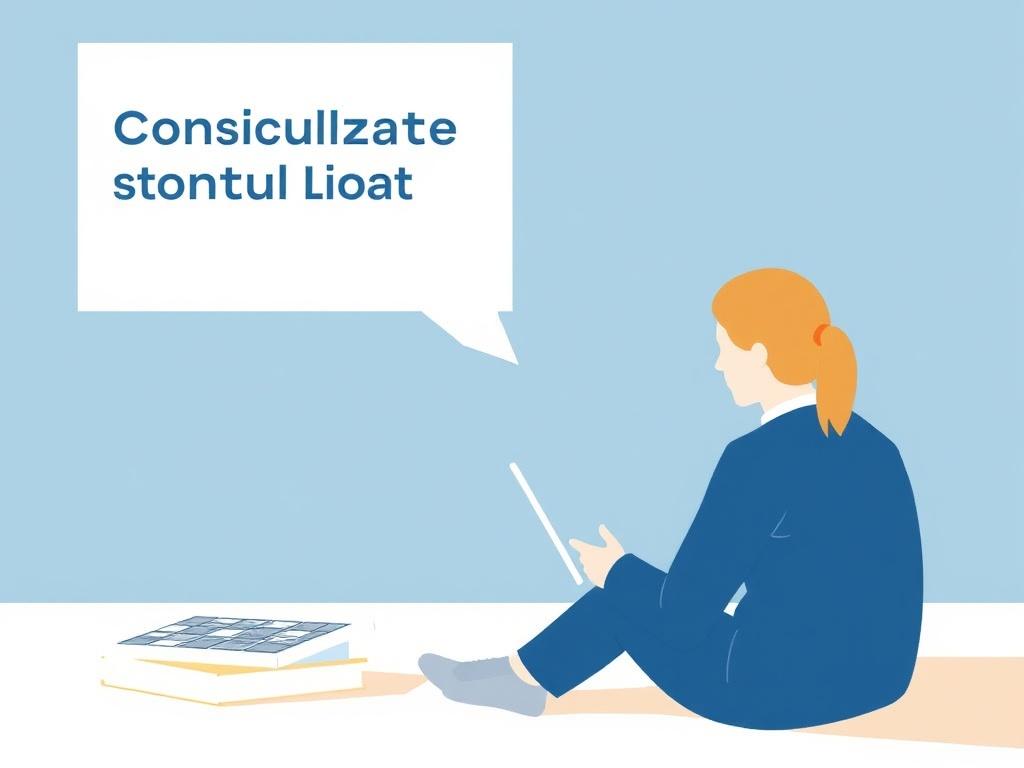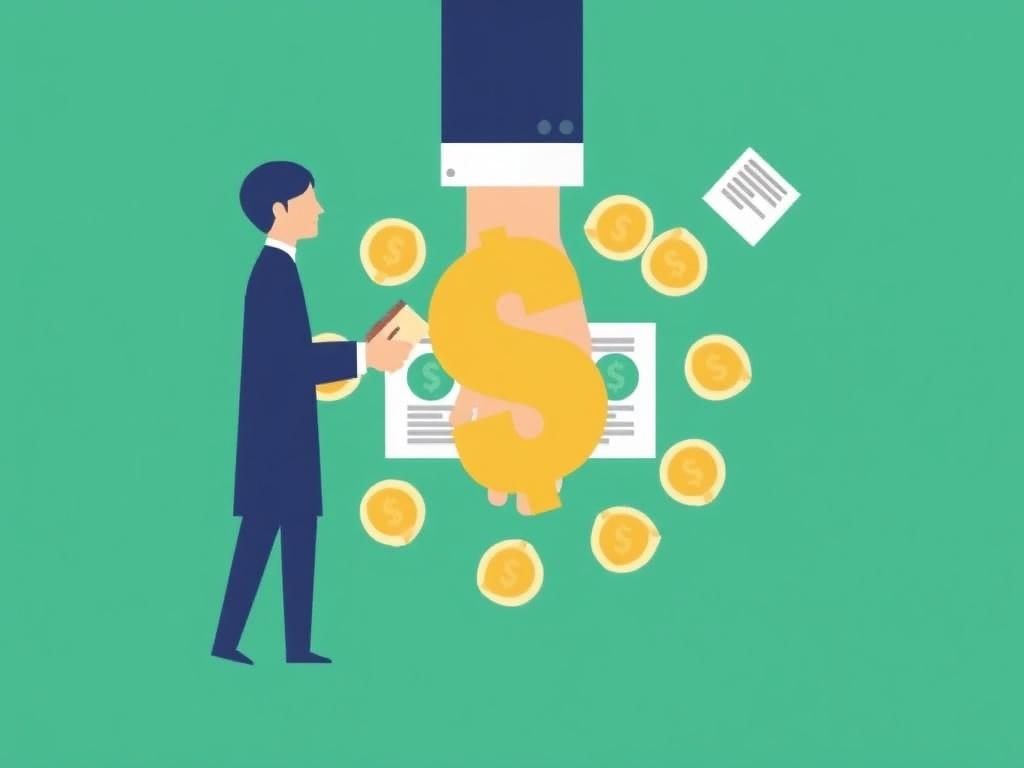SQLITE NOT INSTALLED
Managing student loans can be an overwhelming task, especially when you have multiple loans with different terms and interest rates. If you’re struggling to keep track of your payments or looking for a way to reduce your monthly financial burden, consolidating your student loans might be the solution you’ve been searching for. But how exactly does one consolidate student loans, and what are the benefits and pitfalls of this process? In this guide, we’ll walk you through everything you need to know about how to consolidate student loans, from understanding the basics to exploring various consolidation options.
Содержание
What Does it Mean to Consolidate Student Loans?
At its core, consolidating student loans means combining multiple student loans into one single loan. Instead of juggling several payments, due dates, and interest rates, loan consolidation simplifies your repayment by rolling your debts into one. This process not only streamlines managing your debt but often comes with opportunities to lower your monthly payments or extend your repayment period.
It’s important to understand that consolidation generally doesn’t erase your debt or reduce the total amount you owe. Instead, it rearranges the loan structure, potentially making payments more manageable. For many, knowing how to consolidate student loans is the first step toward regaining control over their finances.
Types of Student Loan Consolidation
When considering how to consolidate student loans, it’s vital to understand the types of consolidation available. Primarily, there are two categories:
- Federal Student Loan Consolidation: This option lets you combine your Federal Direct Loans into one Direct Consolidation Loan, which is offered through the U.S. Department of Education.
- Private Student Loan Refinancing and Consolidation: Private lenders provide this service, combining both federal and private loans or just private loans into one new loan, often with a new interest rate and repayment terms.
Each option has different pros and cons you’ll need to weigh carefully.
Federal Student Loan Consolidation: How It Works
The Federal Direct Consolidation Loan is a popular way to consolidate student loans held by the government. The process involves combining multiple federal student loans into one. Here are some key points about federal consolidation:
- You can only consolidate federal loans — private loans cannot be consolidated this way.
- The interest rate for the new loan is a weighted average of the existing loans’ rates, rounded up to the nearest one-eighth percent.
- Consolidating can extend your repayment period up to 30 years, which usually lowers your monthly payment but may increase the total amount paid over time.
- Federal loan consolidation allows you access to alternative repayment plans, including income-driven repayment plans.
- Some federal benefits, such as eligibility for Public Service Loan Forgiveness, may continue after consolidation.
Steps to Consolidate Federal Student Loans
Here’s a simple breakdown of how to consolidate your federal student loans:
- Visit the official Federal Student Aid website.
- Log in with your FSA ID and complete the Direct Consolidation Loan application.
- Choose which loans to consolidate and select your repayment plan.
- Review the loan agreement.
- Submit the application and wait for confirmation, which typically takes 2 to 4 weeks.
Pros and Cons of Federal Student Loan Consolidation
| Pros | Cons |
|---|---|
| Lower monthly payments by extending repayment term | Possibly pay more over time due to longer repayment period |
| Single monthly payment for simpler management | Interest rate is fixed and may not be lower than current rates |
| Access to alternative repayment plans and forgiveness programs | Consolidated loans can reset progress on loan forgiveness in some cases |
| No credit check required for federal consolidation | Private loans cannot be included |
Private Student Loan Consolidation and Refinancing

If you have private student loans or a mix of federal and private loans, you may consider how to consolidate student loans through private lenders. This process is often called refinancing. Private lenders offer to pay off your existing loans and create a new loan with different terms, usually involving an interest rate that’s dependent on your credit score and income.
Refinancing can be a powerful way to reduce your interest rate, potentially saving you money over time. You also might be able to shorten your repayment period, becoming debt-free faster. However, there are important considerations when choosing private consolidation:
- You lose federal loan benefits such as income-driven repayment plans and eligibility for loan forgiveness.
- Approval is based on creditworthiness, so a poor credit score might result in higher interest rates or denial.
- You might face prepayment penalties or other fees depending on the lender.
Steps to Refinance and Consolidate Private Loans
Here’s a typical process when you consolidate student loans through a private lender:
- Research and compare different refinancing lenders.
- Check eligibility requirements and prepare necessary documents (income proof, credit history, loan statements).
- Apply for refinancing and request to consolidate all eligible loans.
- Review the loan offer, including interest rate, repayment terms, and fees.
- Accept the offer and sign the loan agreement.
- Pay off your previous loans and begin paying your new loan with one monthly payment.
Key Factors to Consider When Consolidating Student Loans
Whether you choose federal consolidation or private refinancing, knowing what to consider before consolidating student loans is essential. Here are some critical factors to keep in mind:
- Interest Rates: Will consolidating lower your interest rate? Sometimes it may increase.
- Monthly Payments: Consolidation might lower your payments by extending your repayment period, but this often means you’ll pay more over the long run.
- Loan Benefits and Protections: Federal loans offer protections like deferment, forbearance, and income-driven repayment plans that may be lost if refinancing with a private lender.
- Credit Score Impact: Consolidating through private lenders will require a credit check and may affect your credit score.
- Fees and Costs: Check if there are any origination, application, or prepayment fees involved.
Alternatives to Consolidating Student Loans
While consolidation can simplify repayments and sometimes save money, it’s not always the best option. Some alternatives include:
- Income-Driven Repayment Plans: If you have federal loans, enrolling in an income-driven repayment plan may reduce your monthly payments based on your income without consolidating.
- Loan Forgiveness Programs: Certain professions qualify for loan forgiveness without needing to consolidate; for example, Public Service Loan Forgiveness.
- Refinancing Only High-Interest Loans: Instead of consolidating all loans, consider refinancing only your high-interest private loans to save money while preserving federal benefits.
- Deferment or Forbearance: If you’re struggling temporarily, these options allow you to pause payments without consolidating.
Common Myths About Student Loan Consolidation

As you explore how to consolidate student loans, it’s easy to get caught up in misinformation. Clearing up a few common myths can help you make a better decision:
| Myth | Fact |
|---|---|
| Consolidation lowers your interest rate | Federal consolidation uses a weighted average rate; rates may not decrease. Private refinancing can reduce rates if your credit is good. |
| Consolidation erases your debt | It combines loans but does not reduce what you owe. |
| You can consolidate any kind of student loan | Federal consolidation only applies to federal loans. Private refinancing may include private loans but you may lose federal benefits. |
| Consolidated loans are always better | Not necessarily. Depending on your specific loans and financial goals, consolidation can help or hurt. |
Tips for Successfully Consolidating Your Student Loans

If you decide that consolidating your student loans is right for you, here are some tips to ensure the process goes smoothly and benefits you the most:
- Do Your Research: Compare multiple lenders if going the private route, and understand federal consolidation terms.
- Understand All Terms: Read all agreements carefully to avoid surprises like fees or loss of benefits.
- Keep Making Payments: Don’t miss payments during the application process to avoid penalties.
- Plan for Repayment: Use online calculators to see how consolidation will affect your budget and loan payoff timeline.
- Ask Questions: Contact loan servicers or financial advisors if you are unsure about any aspect.
How to Consolidate Student Loans Step by Step: A Summary
To wrap all this up, here’s a straightforward step-by-step summary of how to consolidate student loans:
- Gather information about all your existing student loans, including balances, interest rates, and servicers.
- Decide whether you want to consolidate through federal programs or private refinancing.
- Research your options, rates, and repayment terms.
- Complete the application process for your chosen consolidation or refinancing lender.
- Review and sign loan agreements carefully.
- Continue making payments on your existing loans until consolidation is officially complete.
- Begin making payments on your new consolidated loan.
Frequently Asked Questions About Student Loan Consolidation
Can consolidating student loans lower my monthly payment?
Yes, consolidating student loans often lowers your monthly payment because you can extend your repayment period. However, this might mean paying more interest over time.
Will consolidating student loans affect my credit score?
Federal consolidation does not involve a credit check, so it won’t impact your credit score. Private refinancing usually requires a credit check, which may cause a small temporary dip in your credit score.
Can I consolidate private and federal student loans together?
Federal consolidation only includes federal loans. However, private refinancing lenders can combine both federal and private loans into one new loan, but this means losing federal loan benefits.
Is it possible to consolidate more than once?
Yes, you can consolidate loans more than once, especially federal loans. But it’s important to understand that repeated consolidation can affect forgiveness timelines and benefits.
How long does the consolidation process take?
For federal loans, consolidation typically takes 2 to 4 weeks. Private refinancing could be faster but depends on the lender and documentation speed.
Final Thoughts on How to Consolidate Student Loans
Understanding how to consolidate student loans can be empowering. It allows you to create a more manageable and streamlined repayment plan. Whether you choose federal loan consolidation or private refinancing, the key is to thoroughly assess your financial situation, study all available options, and think long-term about what’s best for you. Consolidation can lower your monthly payments, reduce stress, and help you stay on track toward becoming debt-free. But it’s not a one-size-fits-all solution and comes with trade-offs, especially around benefits and total cost. Taking the time to weigh pros and cons, use resources for education, and possibly consulting with a financial advisor can ensure you make an informed decision. Ultimately, the best way to tackle student loans is with knowledge, planning, and a commitment to managing your finances wisely.
Опубликовано: 23 July 2025 Кредитрон – блог о кредитах, финансах и прочих реверансах
Кредитрон – блог о кредитах, финансах и прочих реверансах

